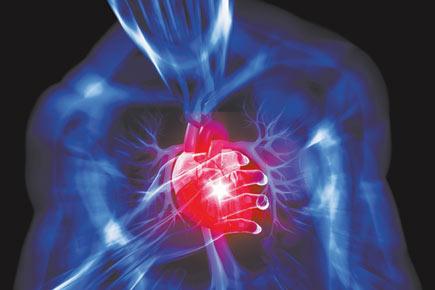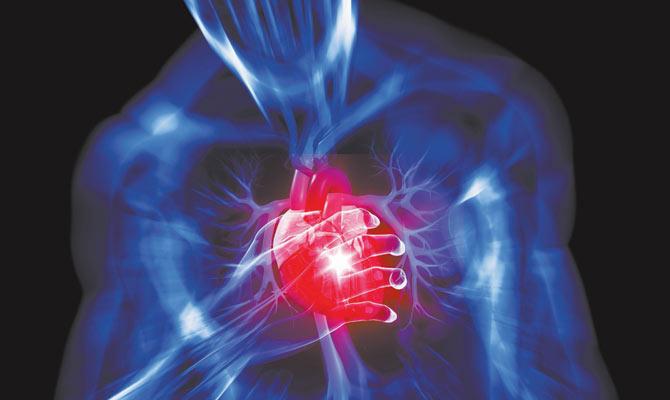Driven by concerns of initiating a false alarm, young women tend to ignore or dismiss the earliest symptoms of an impending heart attack, such as pain, dizziness and delay in seeking emergency medical care, says new research

New York: Driven by concerns of initiating a false alarm, young women tend to ignore or dismiss the earliest symptoms of an impending heart attack, such as pain, dizziness and delay in seeking emergency medical care, says new research.
ADVERTISEMENT
"Young women with multiple risk factors and a strong family history of cardiac disease should not assume they are too young to have a heart attack," said lead researcher Judith Lichtman, associate professor at Yale School of Public Health.

Representational picture
For the study, the researchers examined the experiences of 30 women ranging in age from 30 to 55 years old who were hospitalised with acute myocardial infarction (AMI, heart attack).
"Participants in our study said they were concerned about initiating a false alarm in case their symptoms were due to something other than a heart attack," said Lichtman.
"Identifying strategies to empower women to recognise symptoms and seek prompt care without stigma or perceived judgment may be particularly critical for young women at an increased risk for heart disease," she pointed out.
The researchers conducted in-depth interviews with young women and found that patients inaccurately assessed their personal risk of heart disease.
Each year, in the United States alone, more than 15,000 women under the age of 55 die from heart disease, ranking it as a leading cause of death for this age group, the researchers noted.
"In addition to promoting knowledge about heart disease and encouraging more prompt care-seeking behaviour, another important goal for this population of women is improving preventive heart care," said Lichtman.
The study appeared in the journal Circulation: Cardiovascular Quality and Outcomes.
 Subscribe today by clicking the link and stay updated with the latest news!" Click here!
Subscribe today by clicking the link and stay updated with the latest news!" Click here!







